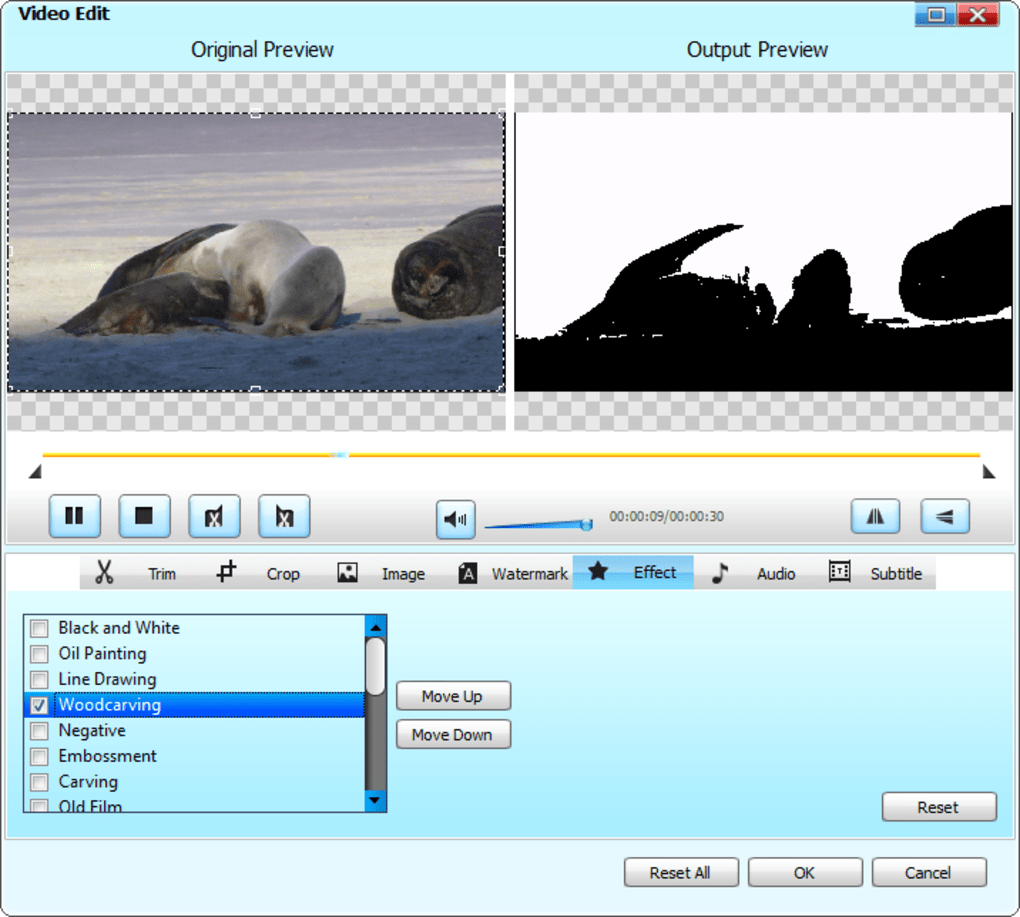

Mark Folse: To lay waste to the Cloud Corporation and all it’s relations. “A sword to lay waste to empire.”īrandon: In some ways the arc of the book does end with “Not Dying Again” and “Attila” is a coda Mark Folse: “Atilla” to me seems to tie up themes from the rest of the book, and end on that positive note. I felt that the book needed an affirmative note.

The latter was a revision of something that I had been trying to get into shape but had given up on. Timothy Donnelly: The two poems that went in after he asked me to take two others out (he was right) were “Antepenultimate Conflict with Self” and “Explanation of an Oriole.” The former was written new-I was really, really unhappy late last year. Gabrielle Calvocoressi: Did you replace them with new poems? And promptly replaced them, because I wanted four sections of twelve poems. Timothy Donnelly: My editor had recommended at one point that I pull two poems, and I did. I felt like there wasn’t anything left in me. I was happy with the poem, but not with concluding with “Even if it kills me,” which I think is funny, but not exactly the right way to end the book. Timothy Donnelly: When I first turned in the manuscript to Wave, the last poem was actually what’s now the second to last, “Chapter for Not Dying Again.” And I was never happy with that. Michael Hollandr: I remember reading the last section and thinking at the end of chapter that the book was over and then turning the page and seeing “Atilla.” “Atilla” feels so open. I have been reading “Dream of A Poetry Defense” to distraction over the last few days. Gabrielle Calvocoressi: This book works so well as a kind of symphony. Stephen Elliott: Rhythm can crescendo and lead the reader to what’s important. But I do think that strong rhythmicality can serve to give a kind of heft and body to language, and can help delineate it, help distinguish it from everyday speech, which tends to dissolve. The one poem where I was somewhat self-consciously counting was “Tiberius at the Villa Jovis.” And truth is, when people try to connect certain rhythms to certain states of mind, well, this can get a little fishy.
#BIGASOFT TOTAL VIDEO CONVERTER 6.0.4.6443 CODE HOW TO#
I think people don’t know how to discuss it other than to say it’s there. Stephen Elliott: Rhythm is so overlooked in so many discussions on writing. I mean, rhythm is immensely important to me, but at this point, it’s kind of internalized. It’s all more or less instinctual at this point. Timothy Donnelly: I don’t decide how many beats, actually. Jesse Nathan: Did you decide ahead of time how many beats lines of a given poem would have? Timothy Donnelly: I’m choking on the music. Gabrielle Calvocoressi: Did you begin to feel a common music forming? Timothy Donnelly: Interestingly, the oldest poem in the book is the first, the newest is the last. They never exactly sped out of me, though.Ĭamille Dungy: And were all the poems you wrote in this period in this vein or are there some that bear no resemblance? Timothy Donnelly: The poems were slow in coming but once things took off, they came somewhat more quickly. What was the experience of the poems accumulating, Timothy? Gabrielle Calvocoressi: I’m interested in that, too.

Stephen Elliott: Was there a moment when they shifted from disconnected poems to something you knew would work as a book? It usually turns out to have grabbed my attention for a reason. Timothy Donnelly: I usually start with a phrase-from within or without-that grabs my attention. Michael Hollandr: How do you start thinking about a poem? From an idea, or a phrase, or maybe a “place”? Timothy Donnelly: The first poem was written, as I recall, about a year after the first book was published. Thelma: I’m interested in the lag (or lack thereof) between your receiving data and your ability to make it show up on the page. Stephen Elliott: How long were you working on this book Timothy? This interview was edited by Rumpus volunteer editor and Poetry Book Club member Jesse Nathan. To learn how you can become a member of The Rumpus Poetry Book Club click here. Every month The Rumpus Poetry Book Club hosts a discussion online with the club members and the author and we post an edited version online as an interview.

This is an edited transcript of the poetry book club discussion with Timothy Donnelly. The Rumpus Poetry Book Club talks with Timothy Donnelly about his poetry collection, The Cloud Corporation.


 0 kommentar(er)
0 kommentar(er)
